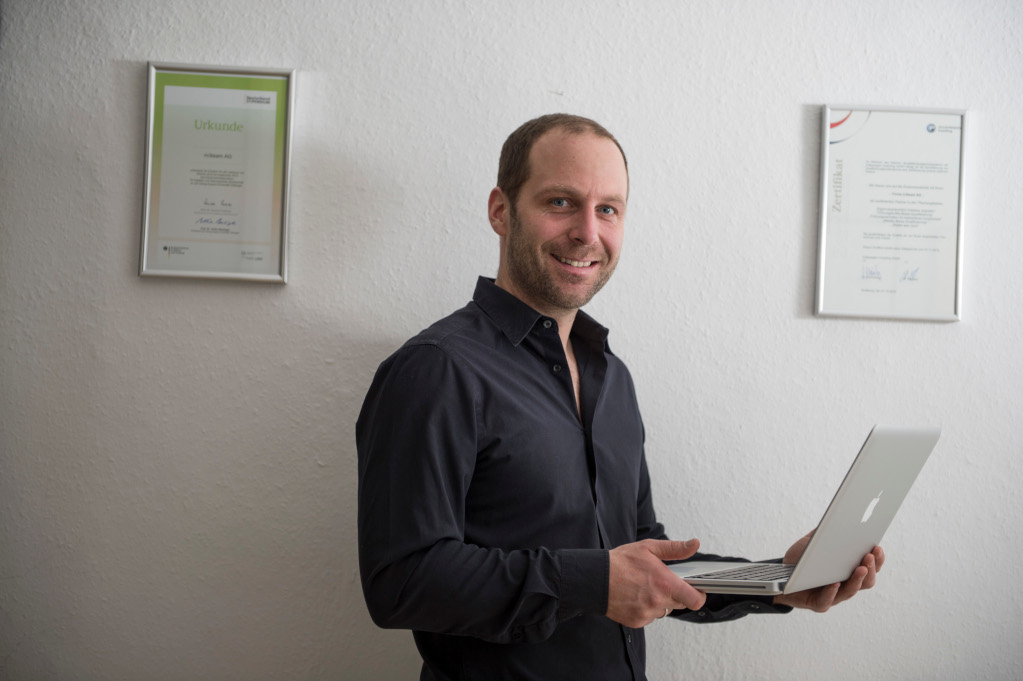German university sport partially resumes

The federal states in Germany have set the course for a gradual re-introduction of mass sports from mid-May, giving the opportunity for various university sport departments to slowly resume certain activities.
Directly following the political decision of the state government of Lower Saxony to ease the restrictions on sporting activities which had been implemented due to the Covid-19 pandemic, the University Sports Department of the Ernst-August University of Gottingen reacted and partially revived its programme, implementing a “Sports by far” programme on May 11 which takes into account both the state's regulations for the practice of sports in public areas as well as the somewhat stricter rules of the university.
Dr Arne Goring, Acting Head of the Central Institution of University Sport, in an interview with his institution, explains how everything unfolded, what experiences he and his staff faced and how the future of university sport might look in the post-pandemic period.
How does your current programme look?
Right now, it consists of small group fitness programmes and is also an extremely slimmed-down standard programme with a few exceptions, such as dance. From archery to Zumba, many offers have proven to be feasible.
What are the recommendations for training?
Our instructors have been made aware of the special situation through written instructions. We have melted down our concept for analogue sports operations to important, comprehensible rules.
In addition, we have discussed the sport-specific conditions with each individual trainer and adapted them to our own location. The trainers are extremely constructive and really make the best out of the situation.
How did your restart unfold?
We have only included sports in our programme that can be done without any physical contact. We have therefore excluded ballroom dancing or martial arts in the first instance.
But after ten days of testing, we also realised that both the national federations as well as our instructors had come up with creative solutions which, for example, allow Judo training. Since we have a huge outdoor area at our disposal, we will be able to offer outdoor training for such sports in small and separated areas.
What challenges and difficulties did you have to deal with?
Unfortunately, the great outdoor facilities in Gottingen have the disadvantage that they cannot be cordoned off completely. This is a blessing for the access but at the same time our biggest challenge.
In addition to our own groups, informal sport groups keep coming onto our grounds, which we then have to expel from the site if the rules of distance are violated.
What are your plans for the next couple of weeks?
The focus is on the reopening of the climbing hall (RoXx) and the fitness center (FiZ). Both are self-financing down to the last euro, so we need a reopening here for economic reasons alone. We still have to manage the personnel costs. I also see ideal conditions for compliance with hygiene and contact regulations in both areas, so I am confident that our concepts to reopen both facilities will be successful. 
Since your online formats are still running, how will you integrate these services in the future?
We definitely want to take advantage of the digitalisation push that we have made in the last eight weeks. My impression is that certain sports do perform well online. I think that the demand for digital offers will remain strong, especially in yoga, pilates or body work out.
The question is which quality standards we have to achieve in order to satisfy the viewer. I guess that we will compete with professional offers like those from online fitness studios.
Did you use the network of the German University Sports Federation (ADH) during this challenging time?
We exchanged information with many institutions and have already learned a lot from other universities. Since the federalist restart plans are differing a lot everyone makes their own experiences and therefore adapts their own programme. But this difference also has advantages.
We can discover diverse approaches and learn from varying concepts. It is also motivating to exchange ideas, to help each other and to cheer each other up. The ADH community is really great – a fact you notice even more during hard times.
